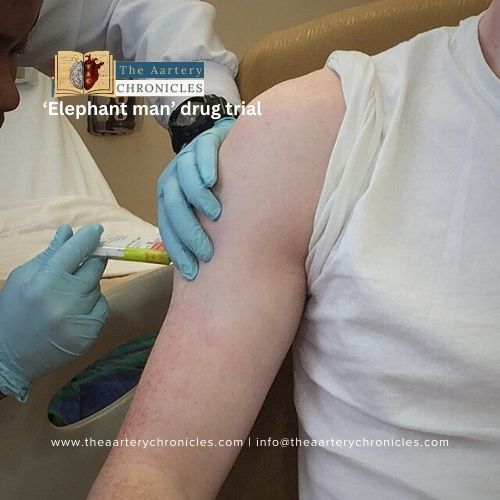Advancements in Immunology: SHARPIN's Impact
Discovery of the Role of SHARPIN in Immune Regulation
Researchers from the University of Cologne’s CECAD Cluster of Excellence for Ageing Research, directed by Dr. Hirotsugu Oda, have discovered the significance of a particular protein complex in some immunological dysfunctions. Their results, published in Nature Immunology, may open the way for novel treatment methods to decrease autoinflammation and boost immune systems in individuals with a genetic abnormality associated with this protein complex.
The study focuses on the Linear Ubiquitin Assembly Complex (LUBAC), which consists of the proteins HOIP, HOIL-1, and SHARPIN and is recognized for its function in immunological homeostasis.
Previous studies on mice revealed severe dermatitis due to SHARPIN loss, but its impact on human health was unclear until now.
Clinical Implications and Genetic Insights
The researchers identified two individuals with SHARPIN deficiency showing symptoms of autoinflammation and immunodeficiency, although they did not exhibit skin issues seen in animal models. Further investigation revealed a compromised immune response pathway and increased susceptibility to cell death mediated by TNF superfamily members.
Treatment with anti-TNF therapies led to the complete resolution of autoinflammation in one patient, highlighting the role of unchecked cell death in genetic inflammatory diseases. The study suggests SHARPIN deficiency as a new type of genetic inflammatory disease, termed ‘inborn errors of cell death.’
The research, initiated at the National Institutes of Health (NIH) in the USA, involved exome sequencing of a patient with fever episodes, arthritis, colitis, and immunodeficiency, leading to the discovery of a harmful genetic variant in the SHARPIN gene. This variant resulted in decreased SHARPIN protein levels and increased cell death.
Advances in Treatment and Patient Outcomes
The team also observed reduced development of lymphoid germinal centres critical for immune system maturation in these patients, emphasizing LUBAC’s importance in immune balance in humans.
Dr. Oda emphasized the study’s significance in understanding LUBAC’s role in preventing immune dysregulation and developing potential therapies. One patient, dependent on a wheelchair due to inflammation, saw significant improvement after anti-TNF therapy, showcasing the impact of molecular targeting based on genetic diagnosis.
The study highlights the potential of targeted therapies in managing genetic inflammatory diseases and improving patients’ quality of life.
Source: Inputs from various media Sources











